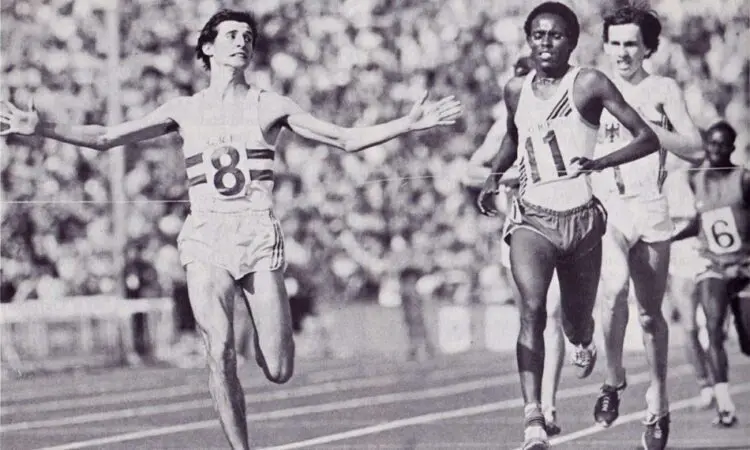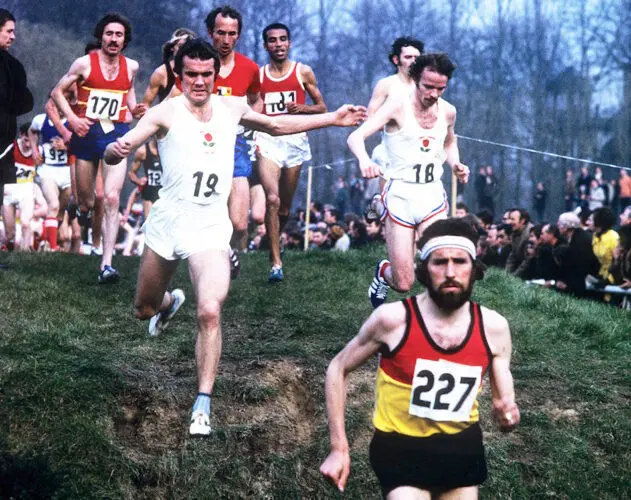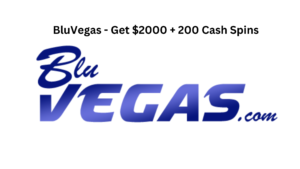There was revolution and loads of information on this decade as our ‘best moments’ sequence continues to mark the eightieth anniversary of AW
Wottle springs a shock
The favorite for males’s Olympic 800m in 1972 was European champion Yevgeniy Arzhanov of the Soviet Union, who hadn’t been overwhelmed for 4 years and had a powerful dash end. American Dave Wottle, considered by most as a mile specialist, had shocked everybody when he equalled the world file of 1:44.3 within the USA Olympic trials however, with no worldwide expertise and a bout of tendonitis, he was regarded as an extended shot for a medal.
After 200 metres, Wottle, carrying a golf cap, was languishing 10 metres behind the opposite seven runners and was nonetheless final at 400 metres. Arzhanov put in an extravagant kick down the again straight to maneuver from sixth to first, led 5 runners off the bend after which kicked just a few metres clear. He heading to a snug victory, however the double kick had an impact and he started to gradual 30 metres out.
Wottle had moved as much as sixth 120 metres out after which fourth into the straight. Swinging vast, he handed Robert Ouko 40 metres out to maneuver to 3rd after which Mike Boit with 20 metres left. He overtook a fading Arzhanov with just about his ultimate stride because the Ukrainian threw himself throughout the road. Wottle, with 1:45.86, took the decision by three hundredths of a second. He then forgot to take off his cap throughout the medal ceremony.
Shorter sparks a operating growth
Upon getting into the Olympic stadium in Munich on target for marathon gold, Frank Shorter was left considerably bemused by the boos that have been coming from the gang. Unbeknown to the American on the time, an imposter had jumped onto the observe simply earlier than the leaders arrived and commenced to take the acclaim, till the spectators started to work out what was happening.
Simply because the offender was apprehended, so Shorter strode on to the observe however the jeers quickly turned to cheers as the person who was born in Munich and had completed fifth within the 10,000m at these Video games, sealed his victory in 2:12:19. His efficiency has been credited as beginning the primary operating growth within the US.
Mary Peters in Munich
Having completed fourth within the pentathlon in Tokyo and ninth in Mexico in 1968, it was at her third Olympics that Mary Peters produced the golden efficiency that will echo down the years.
After the opening occasion, the 100m hurdles, the then 33-year-old was simply six factors off high spot after which moved into the lead after the shot put, ending 301 factors forward by the tip of day one, which additionally included the excessive bounce.
Impressed by the house crowd, West German Heide Rosendahl-Ecker – who had gained lengthy bounce gold – drastically narrowed the hole together with her favoured self-discipline and the competition went all the way down to the wire within the 200m.
The highest two have been drawn in the identical warmth, with Rosendahl-Ecker coming residence forward of her rival to attain a then world file of 4791 factors. Nonetheless, 1.2 seconds later, Peters crossed the road, giving her a profitable – and record-breaking – 4801.
Daring Bayi strides out
Fireworks flew on the ultimate day of the 1974 Commonwealth Video games in Christchurch when the unheralded Filbert Bayi produced one of the memorable, and audacious, items of middle-distance operating ever seen to win 1500m gold.
In opposition to a high class discipline that included residence favorite John Walker, the 20-year-old Tanzanian led from gun to tape and broke the world file with a time of three:32.2, taking virtually one second off Jim Ryun’s 3:33.1 that had been set in 1967.
Walker tried to chase him down however was unable to get there as Bayi gained his nation’s first Commonwealth Video games gold medal in any sport. An Olympic match-up between the 2 was extremely anticipated however, as a result of African nations boycotting Montreal in 1976, Bayi was unable to compete. Walker went on to take 1500m gold.

Juantorena on the double
Alberto Juantorena stays the one athlete to have gained 400m and 800m gold on the identical Olympic Video games after managing the feat in 1976.
After simply lacking out on qualification for the 400m ultimate in 1972, he was just about unbeatable over the space for the next two years earlier than the setback of getting to endure two ankle operations in 1975. He started operating the 800m in 1976 as a part of his restoration course of however his two-lap prowess quickly turned obvious.
Within the Olympic 800m ultimate, he used his large stride to interrupt the world file in a time of 1:43.5 and have become Cuba’s first ever observe and discipline gold medallist. Within the 400m ultimate, he was trailing America’s Fred Newhouse going into the closing levels however produced a ending flourish to win in 44.26.

Viren’s double double
Having gained 5000m and 10,000m gold on the Munich Olympics, Finland’s Lasse Viren had set his sights on repeating the feat in Montreal.
He accomplished the primary a part of his mission with 25-lap victory. Portugal’s Carlos Lopes led for a lot of the race earlier than Viren handed him simply earlier than the bell and was finally a commanding winner, coming residence virtually 5 seconds clear in 27:40.38.
The 5000m was a far tighter affair as Viren held off Dick Quax, Klaus-Peter Hildenbrand, Rod Dixon and Brendan Foster to win in 13:24.76.
Viren additionally competed within the marathon in Montreal, ending fifth.

Ovett’s World Cup win
Steve Ovett went into the primary ever IAAF World Cup, in Dusseldorf in 1977, as a promising younger Brit but to show himself on the very highest stage however ended it because the world’s most fun runner. Olympic champion John Walker led down the again straight on the final lap in a quick race however the 21-year-old Ovett produced one of many best change of paces in historical past as he blasted an unparalleled 11.8 100m on the ultimate bend.
Walker was so shocked, he dropped out on the ultimate bend. Had the Briton run by means of the road he would have damaged the European file as he went eighth all-time along with his UK file of three:34.5. Thomas Wessinghage was a distant second in 3:36.0.

Coe’s file assortment
In the summertime of 1979, a 22-year-old middle-distance runner from Sheffield launched into a world record-breaking spree that will change his life perpetually. Throughout a memorable spell of 41 days, Sebastian Coe set new marks for 800m, 1500m and the mile as he turned probably the most talked about athlete on the planet.
Coe’s predominant aim that 12 months was primarily to complete his diploma at Loughborough College. He had additionally skilled by means of what British historians have dubbed “the winter of discontent” as a result of endlessly bleak climate and commerce union strikes.
But on July 5, 1979, he took greater than a second off Alberto Juantorena’s world 800m file with 1:42.33 in Oslo. Simply 12 days later he smashed John Walker’s mile file with 3:48.95, once more in Oslo, adopted by breaking Filbert Bayi’s 1500m mark in Zurich with 3:32.03.
Waitz masters the marathon
Whereas making the transfer from the observe to the marathon is now a well-trodden path, Grete Waitz was the primary world-class feminine athlete to take action. She was a bronze medallist within the 3000m on the European Championships throughout the identical 12 months, 1978, when she determined to sort out 26.2 miles for the primary time, in New York.
The Norwegian didn’t simply win, she completed 9 minutes clear and set a world file of two:32:30.
Regardless of swearing she would by no means run one other marathon, she returned to New York in 1979 and have become the primary girl to interrupt 2:30, with a run of two:27:33. In complete, she set the marathon world file 4 instances and gained 12 marathon majors, in addition to ending second on the inaugural girls’s Olympic occasion in 1984.

Do you know?
The primary World Cross Nation Championships have been staged in 1973, in Waregem, Belgium.
































